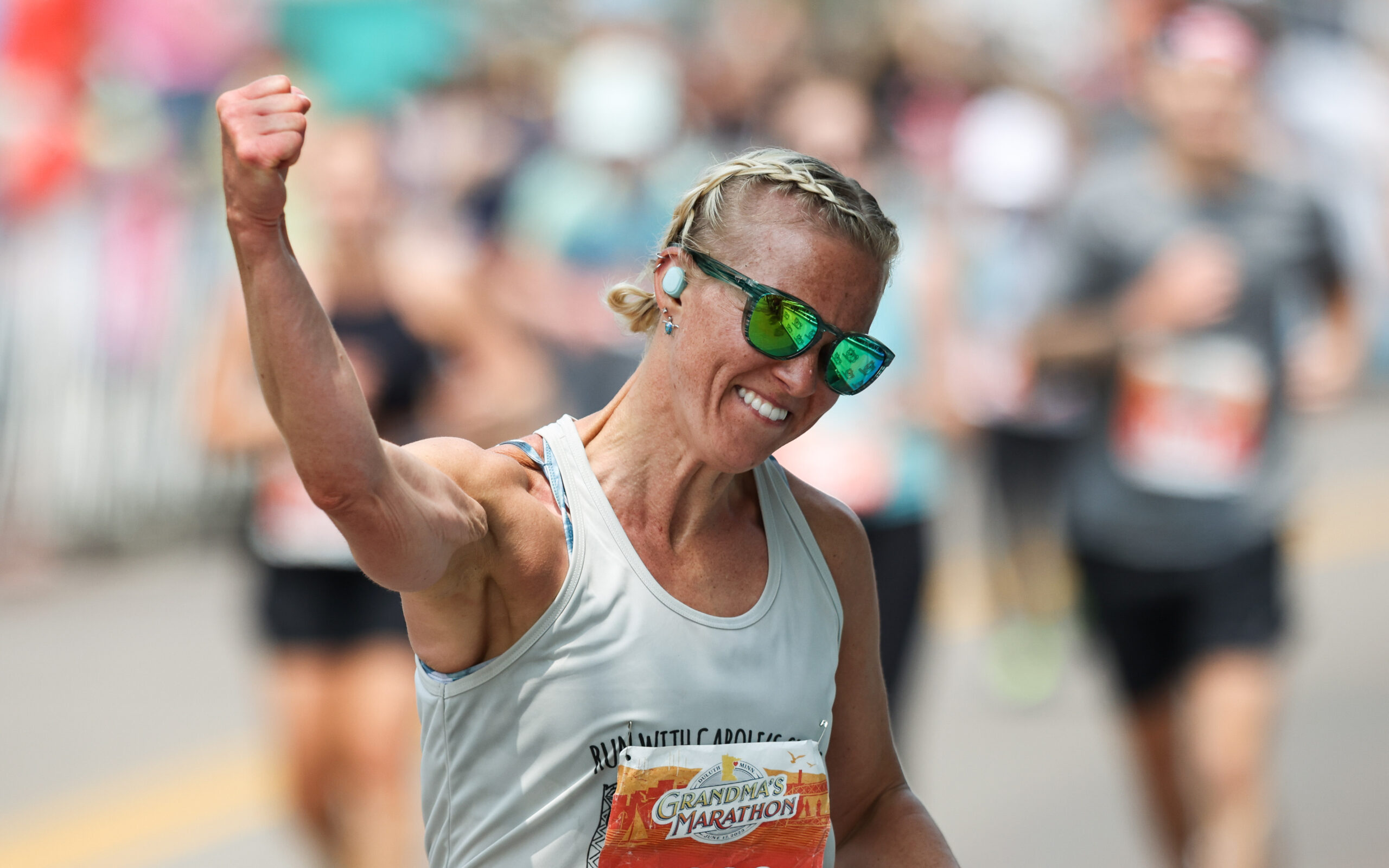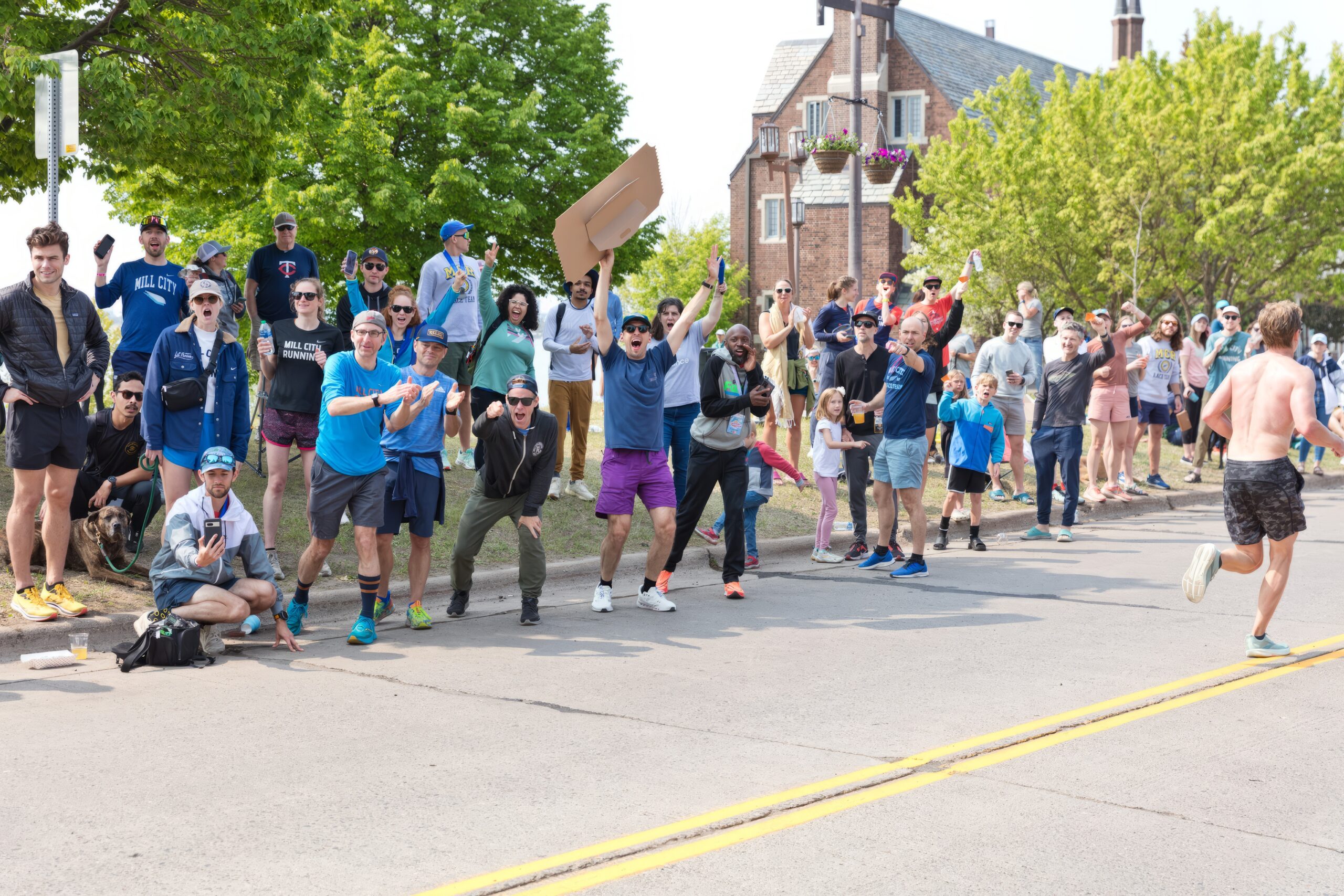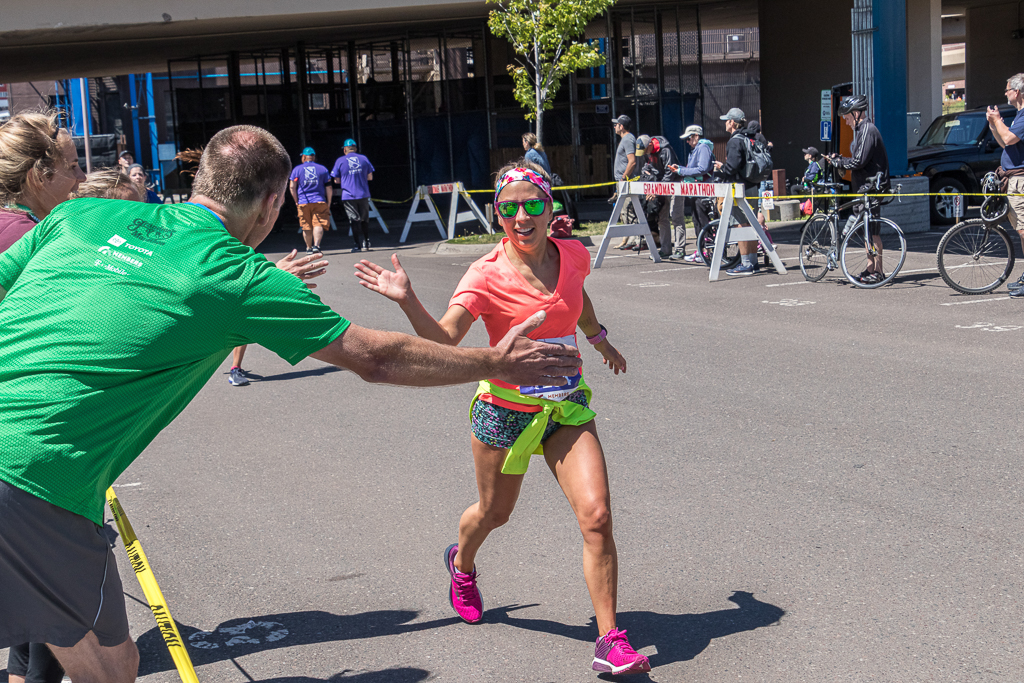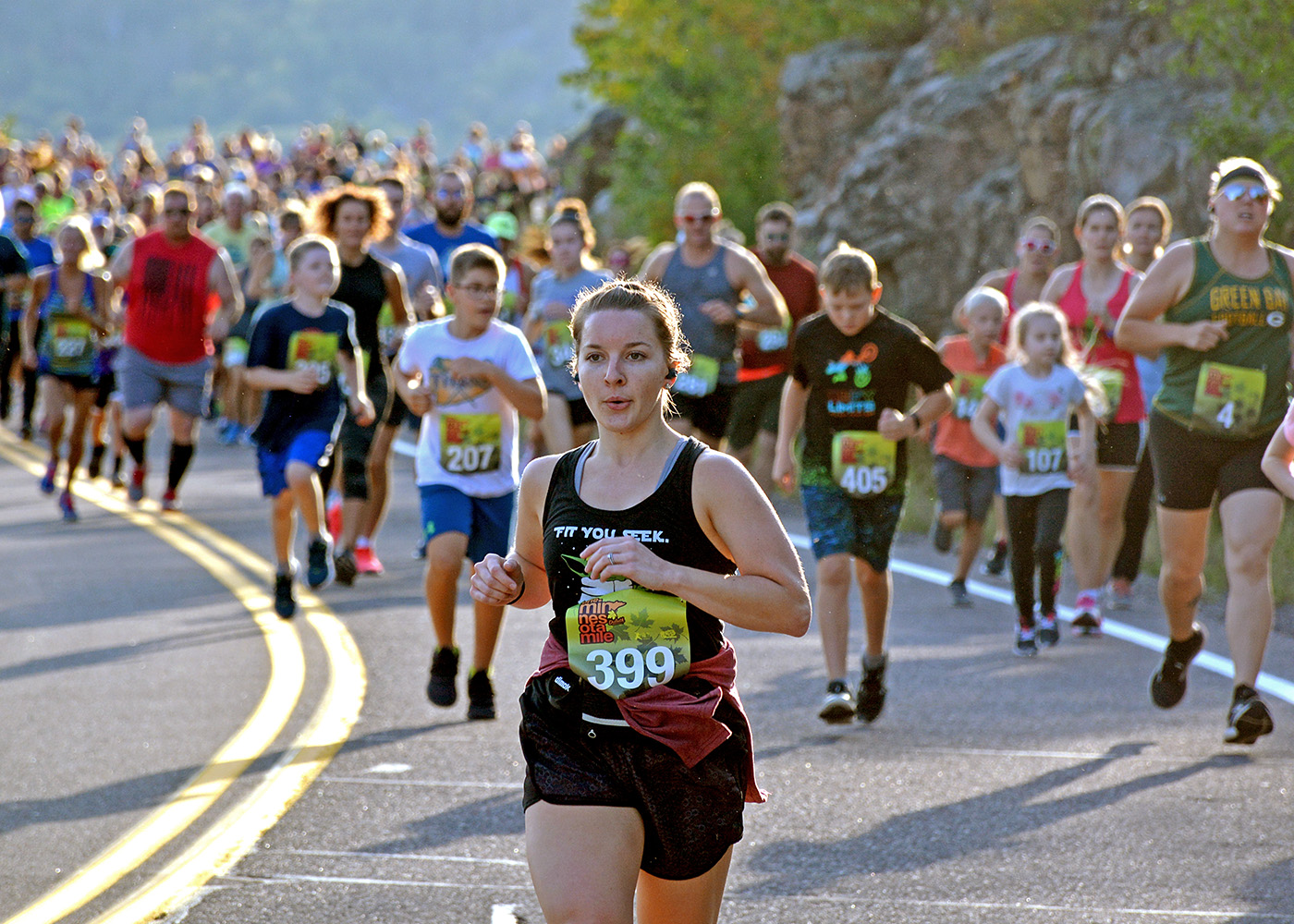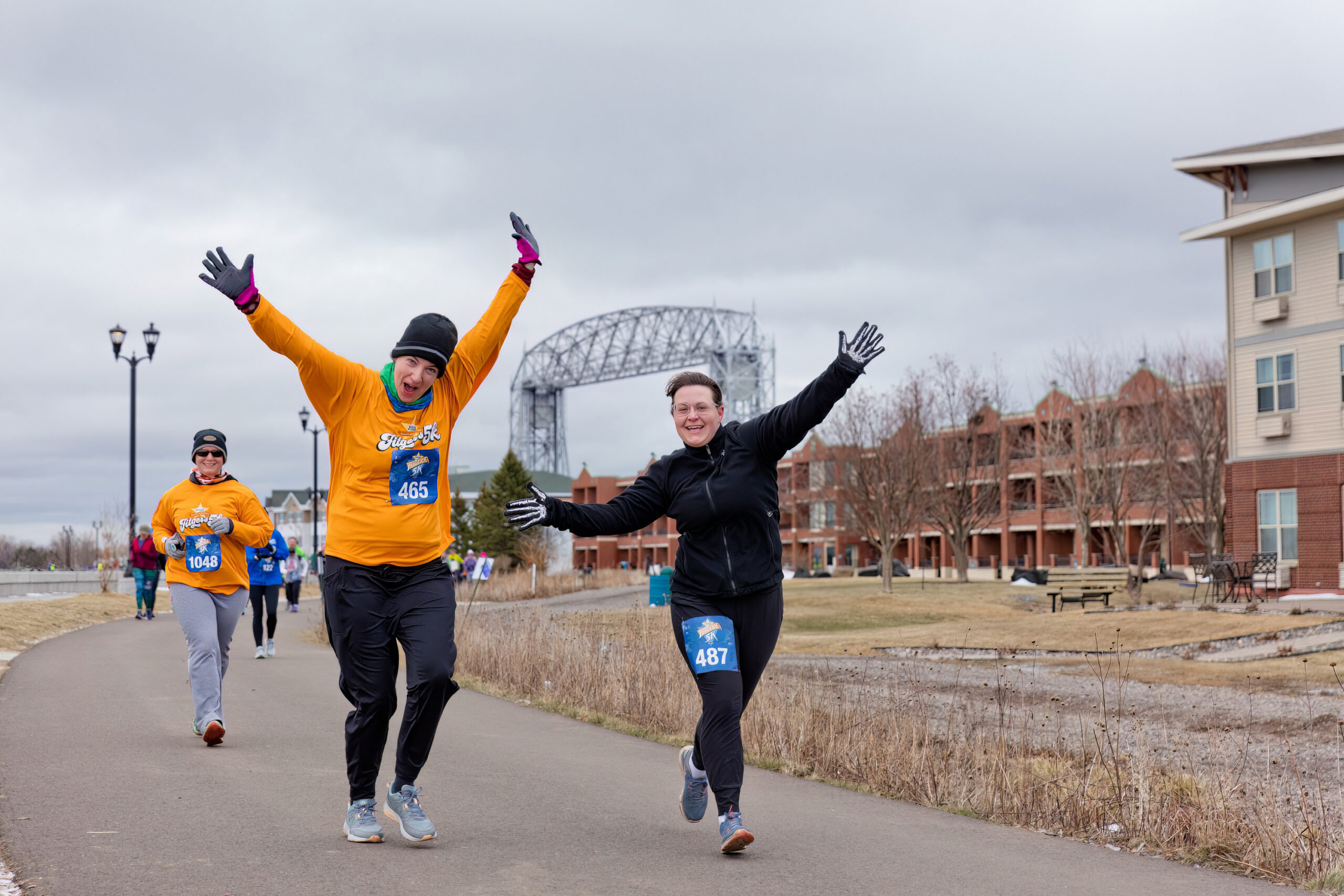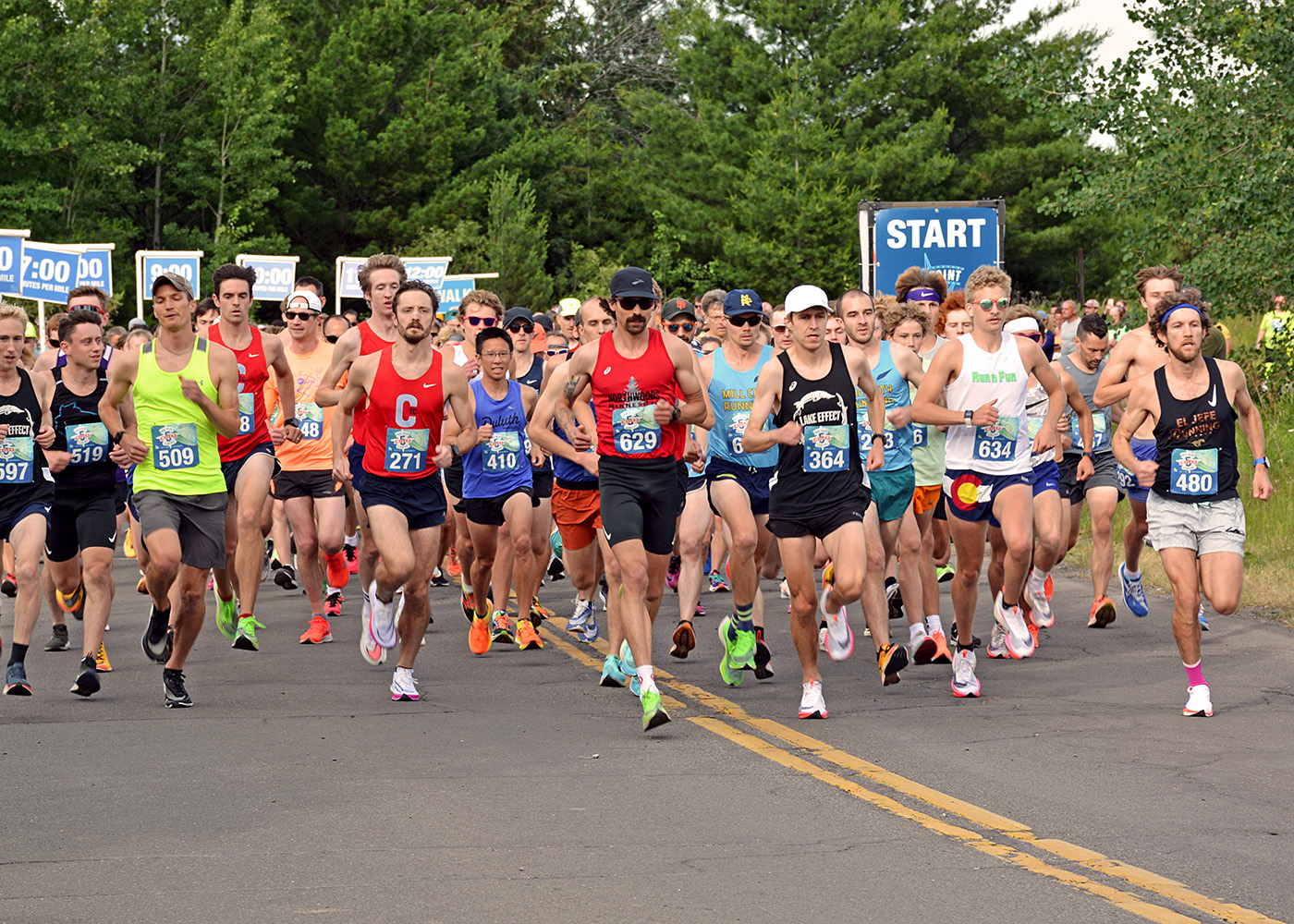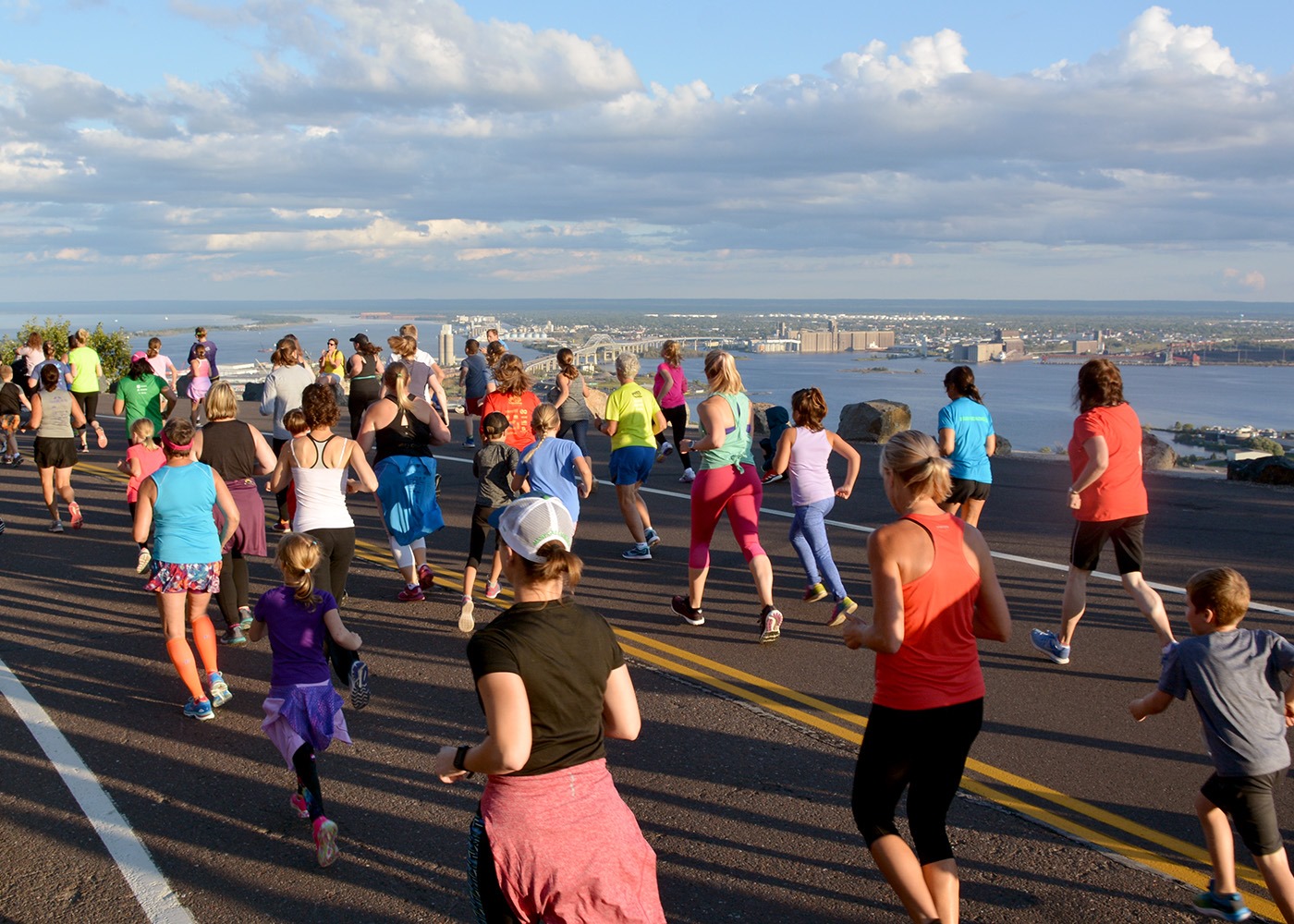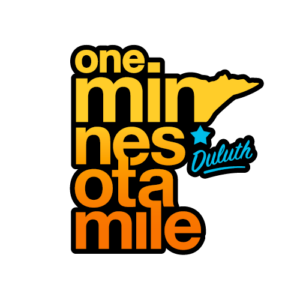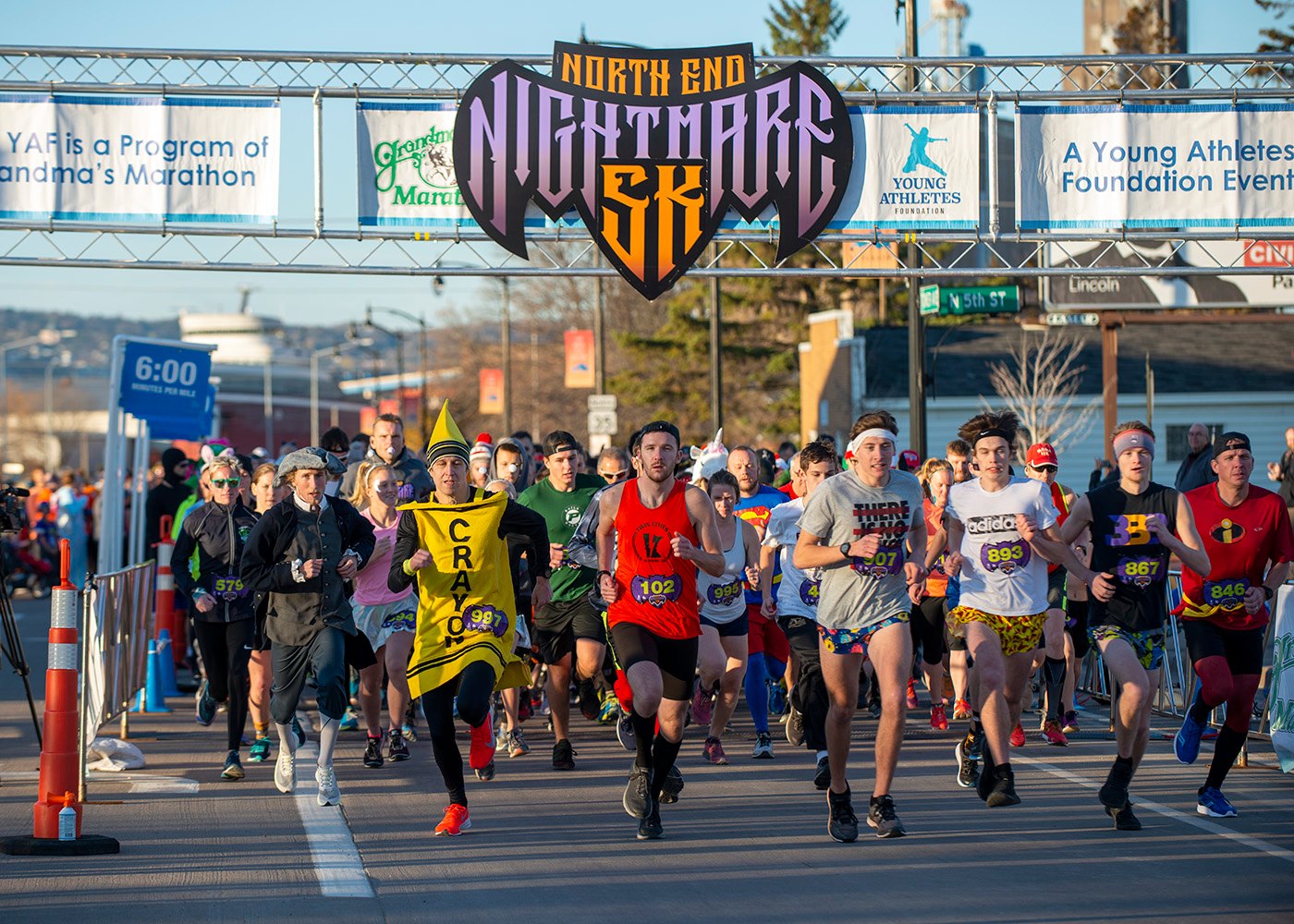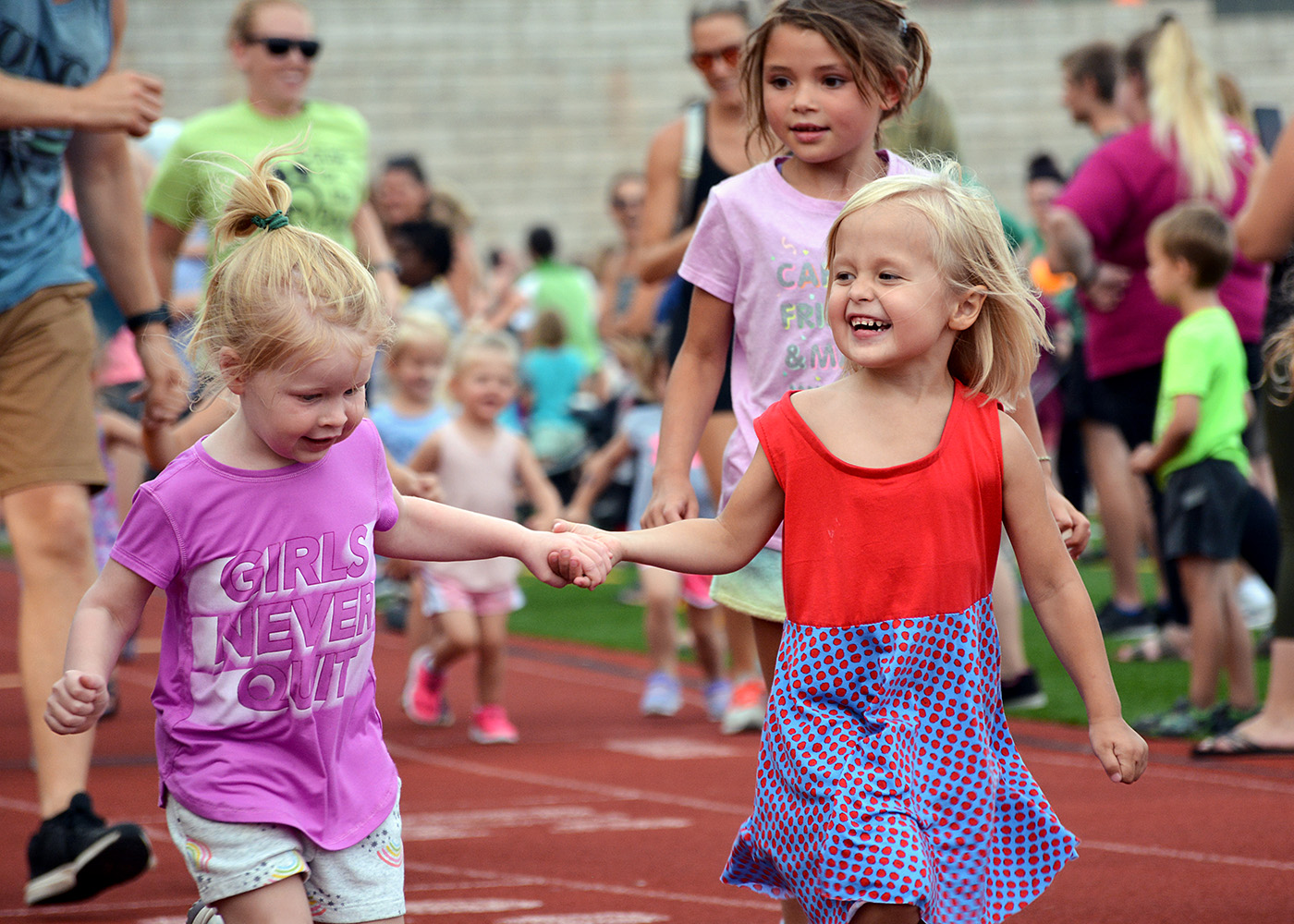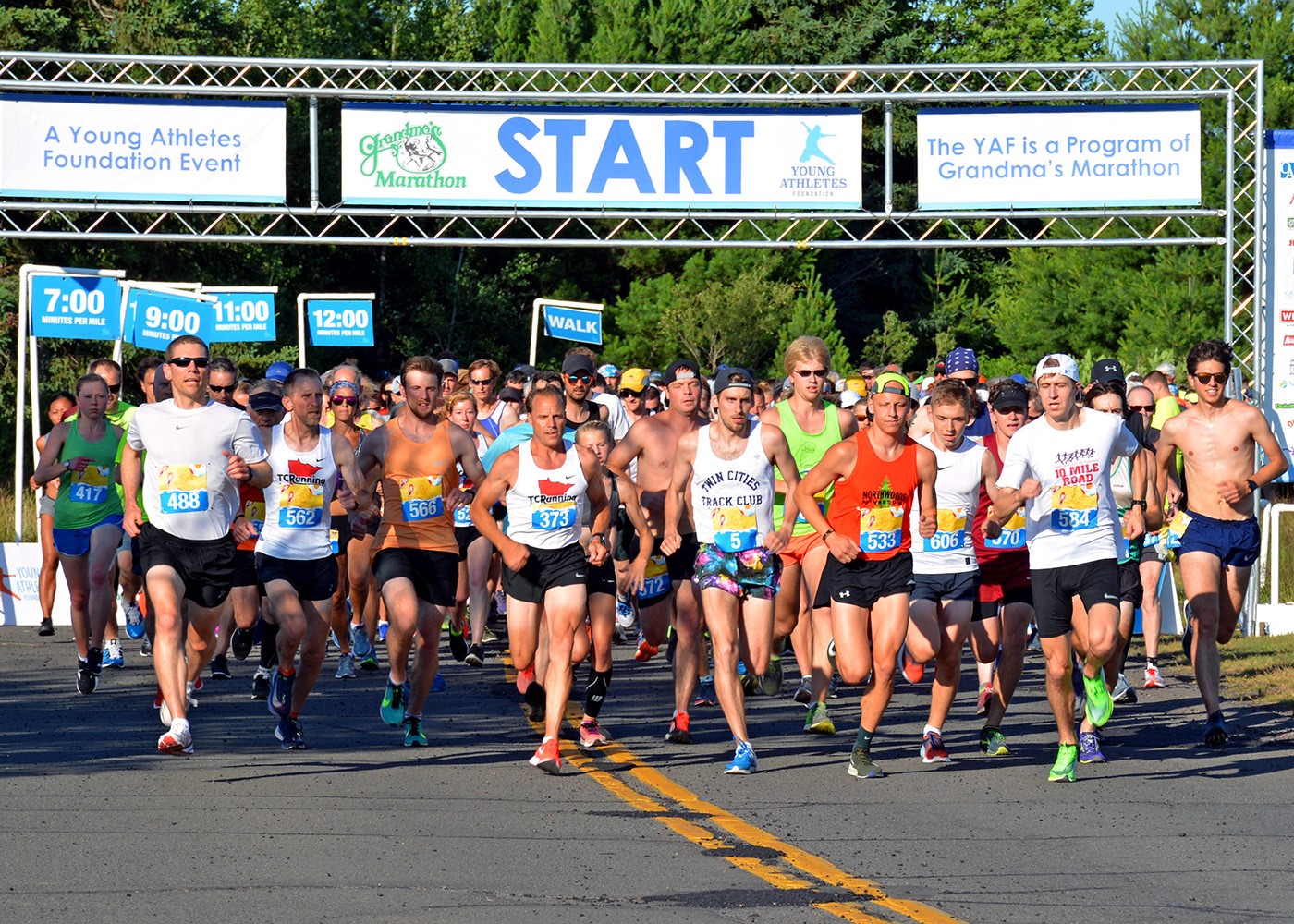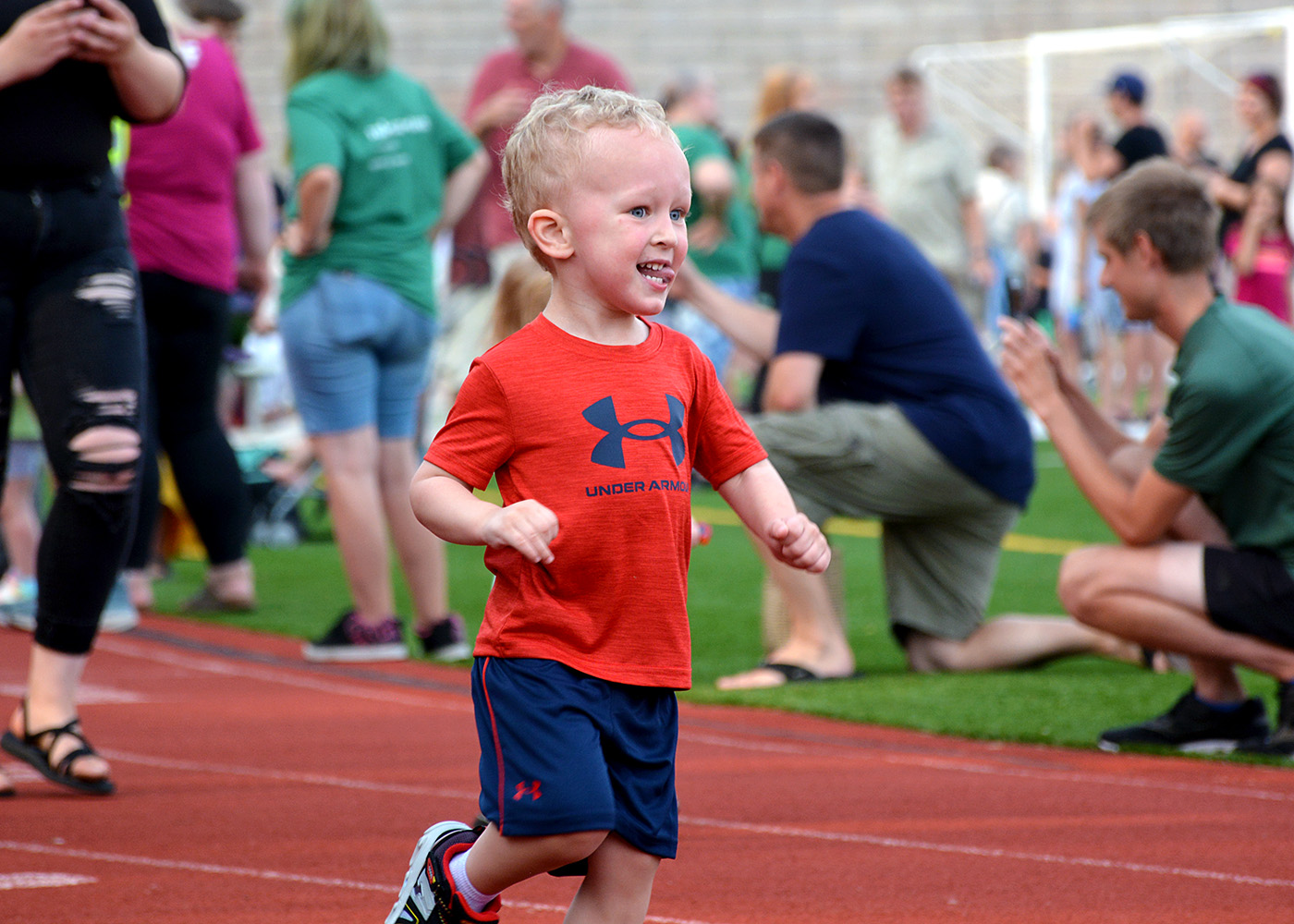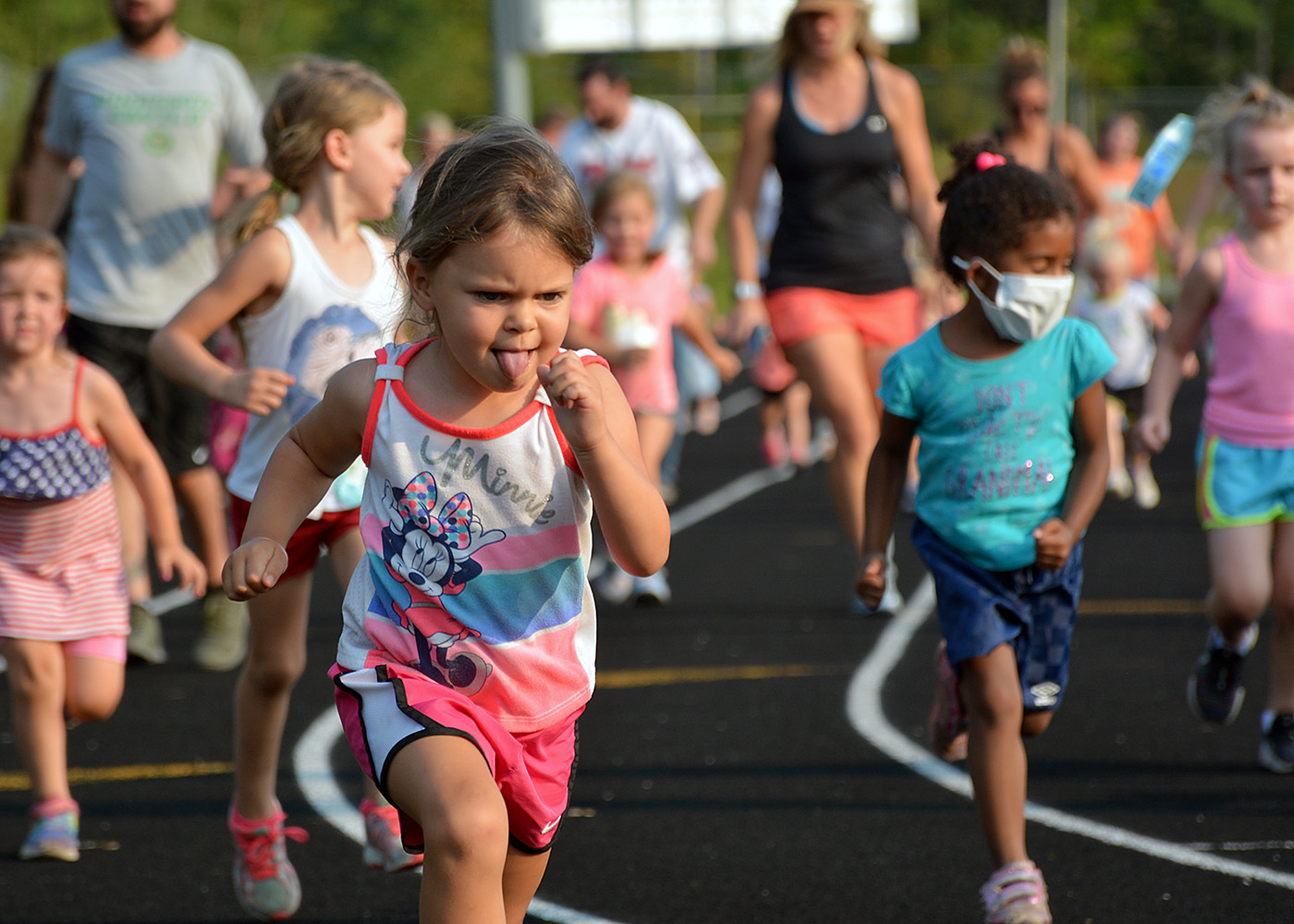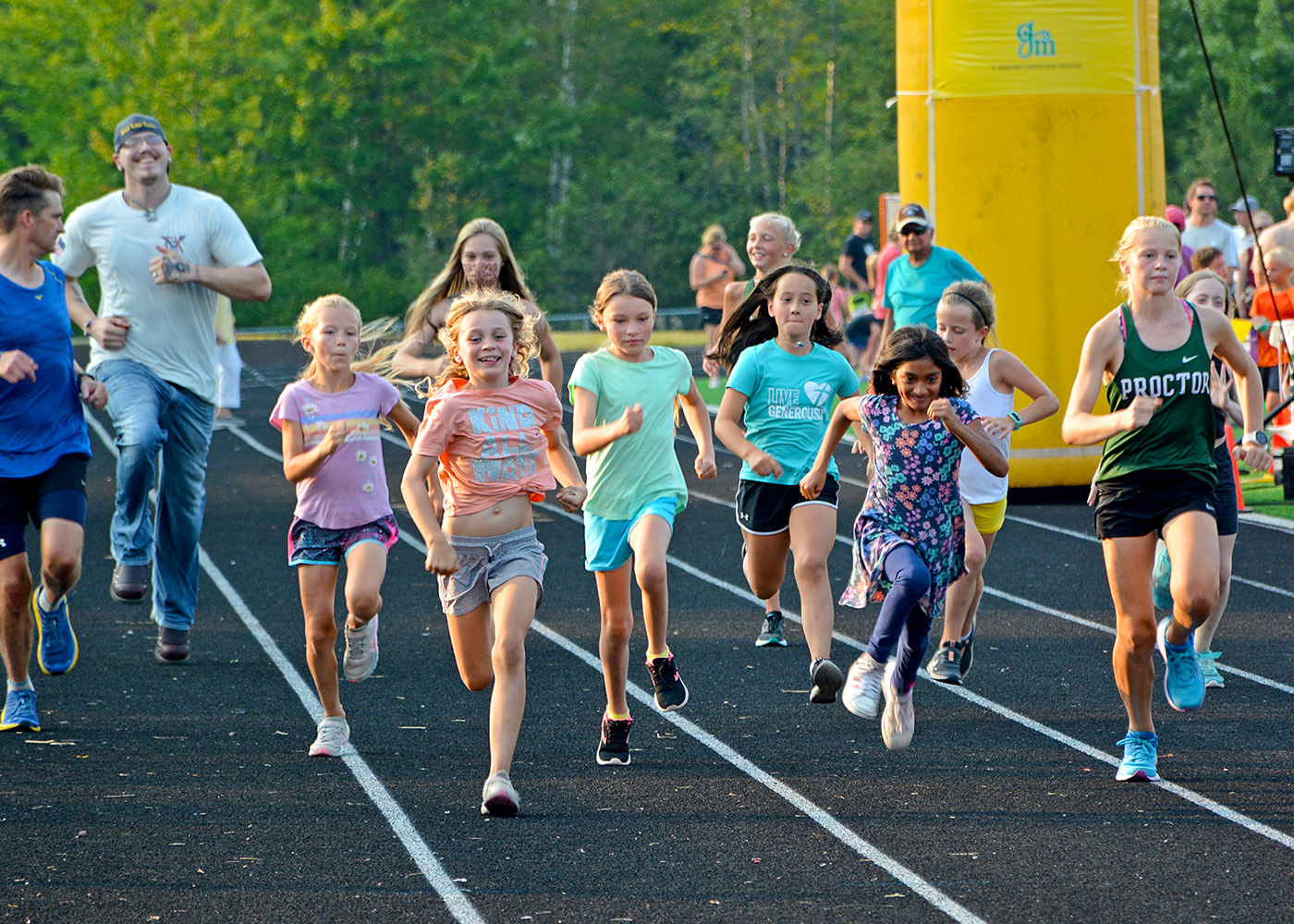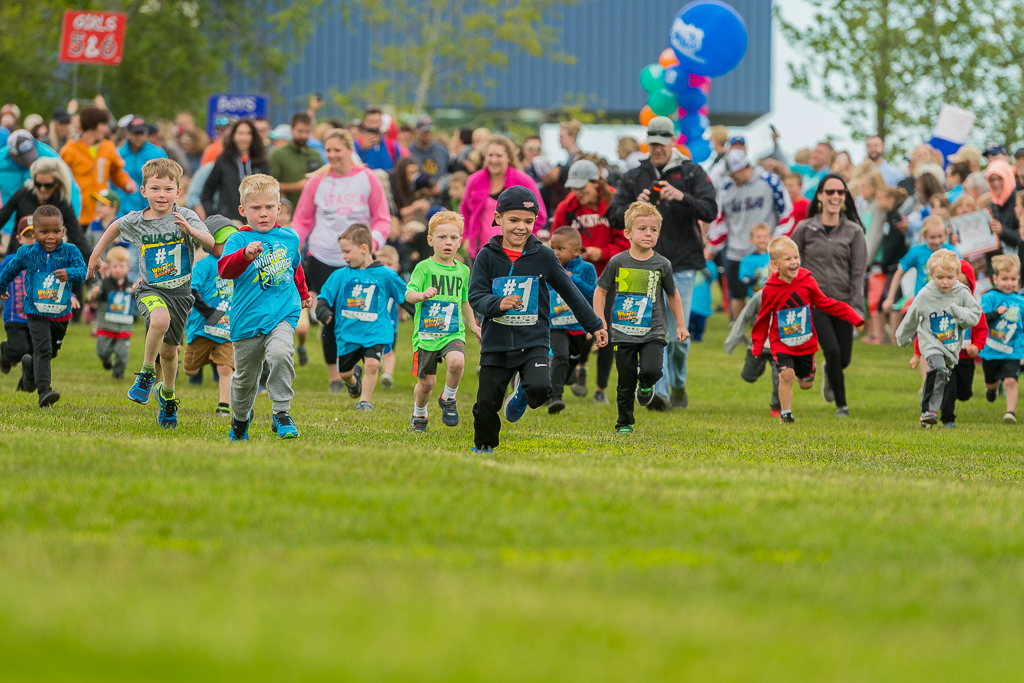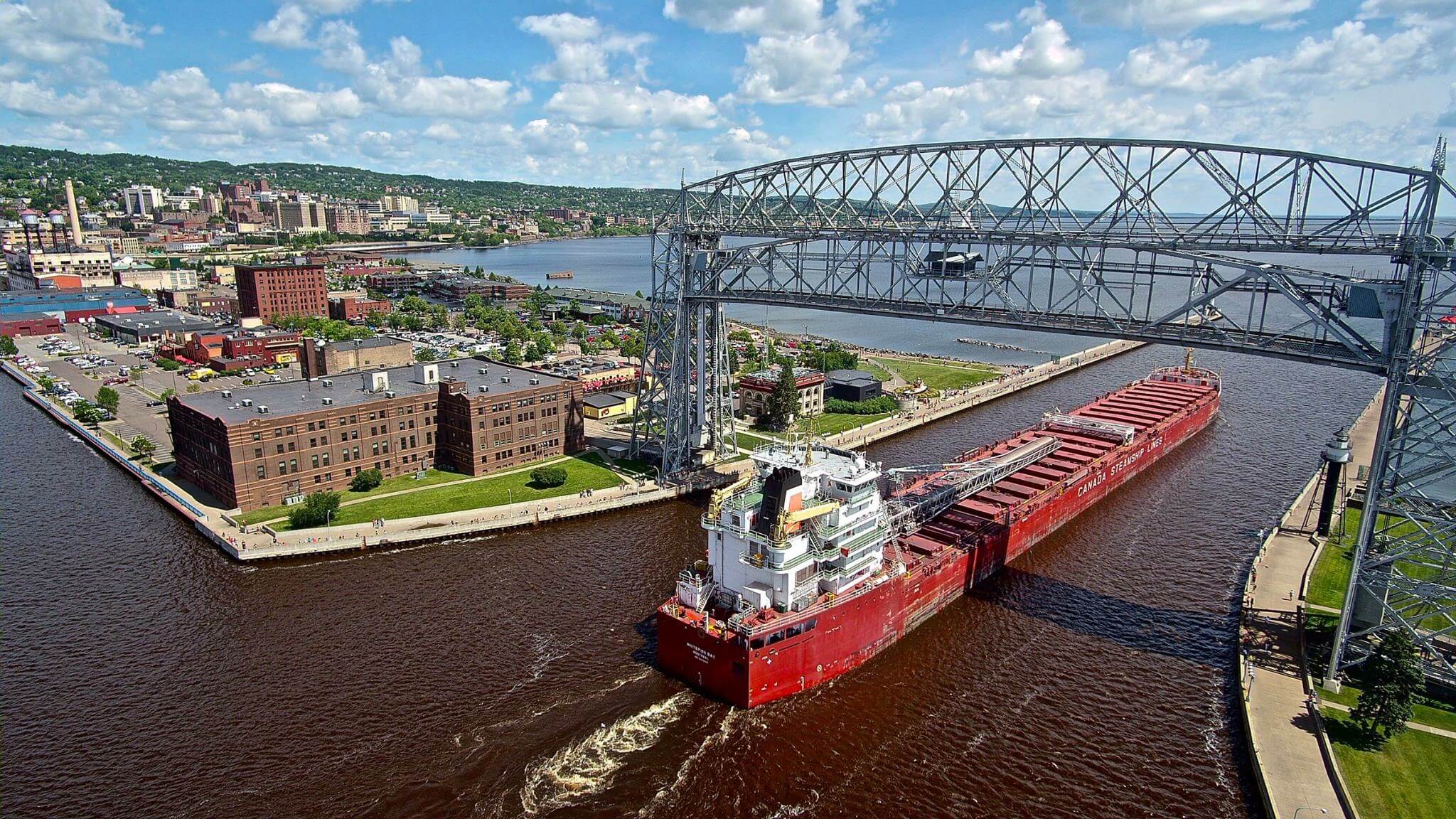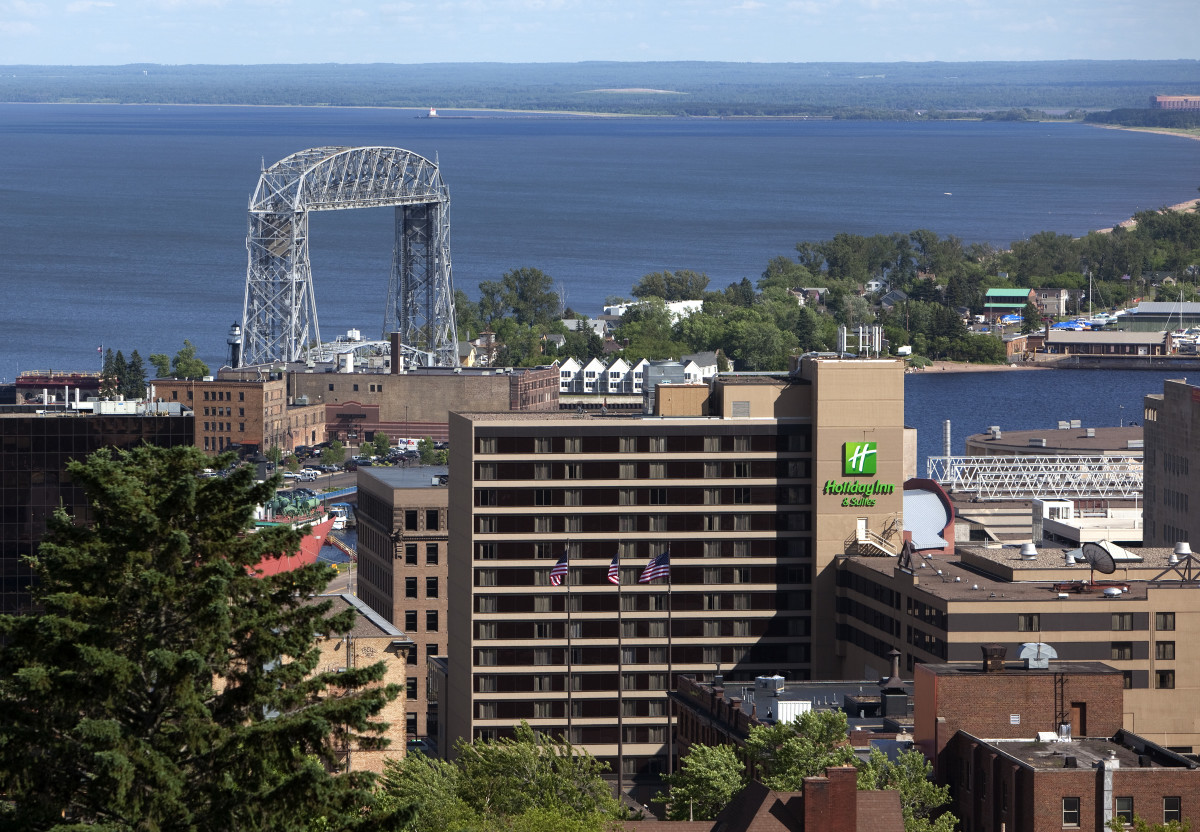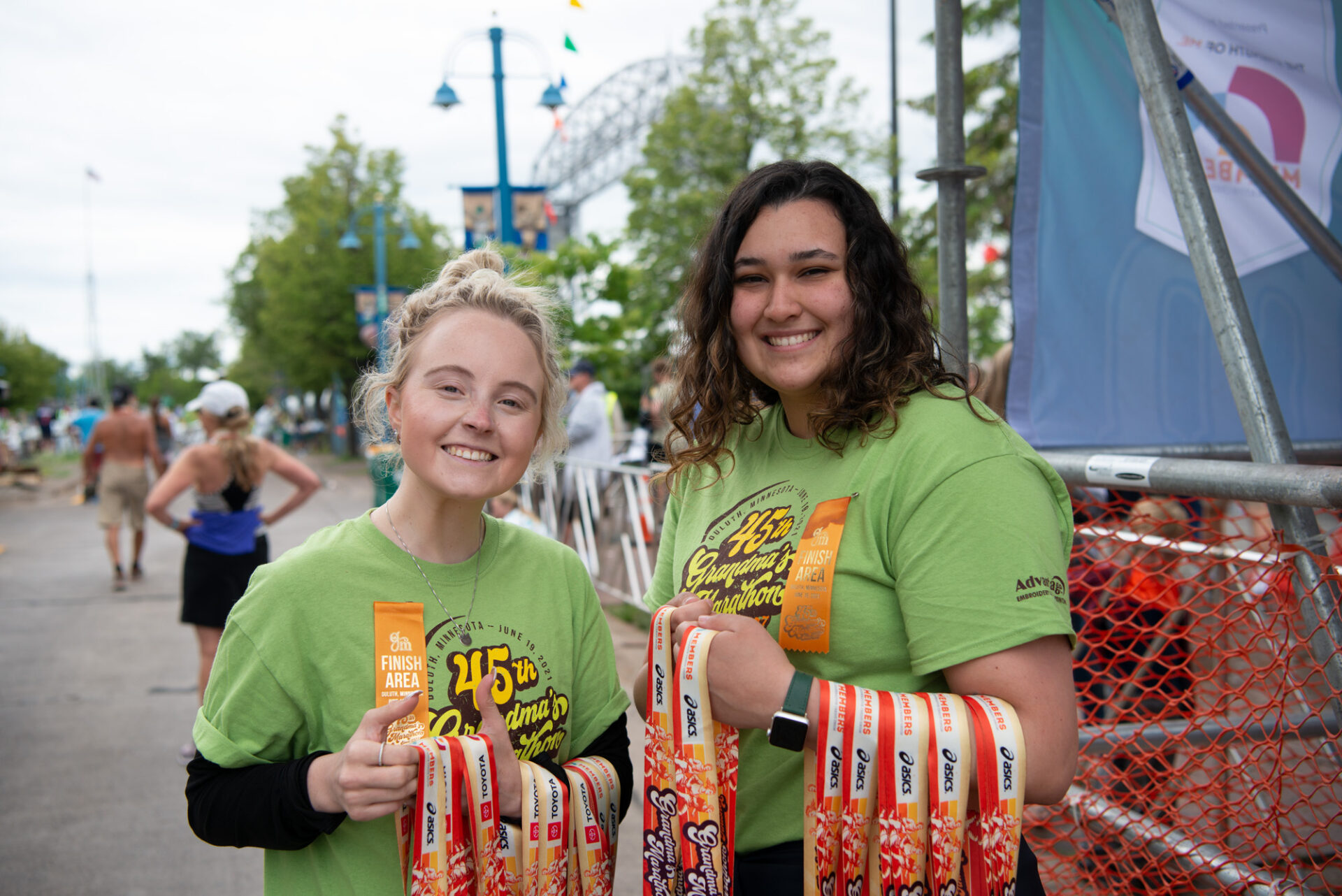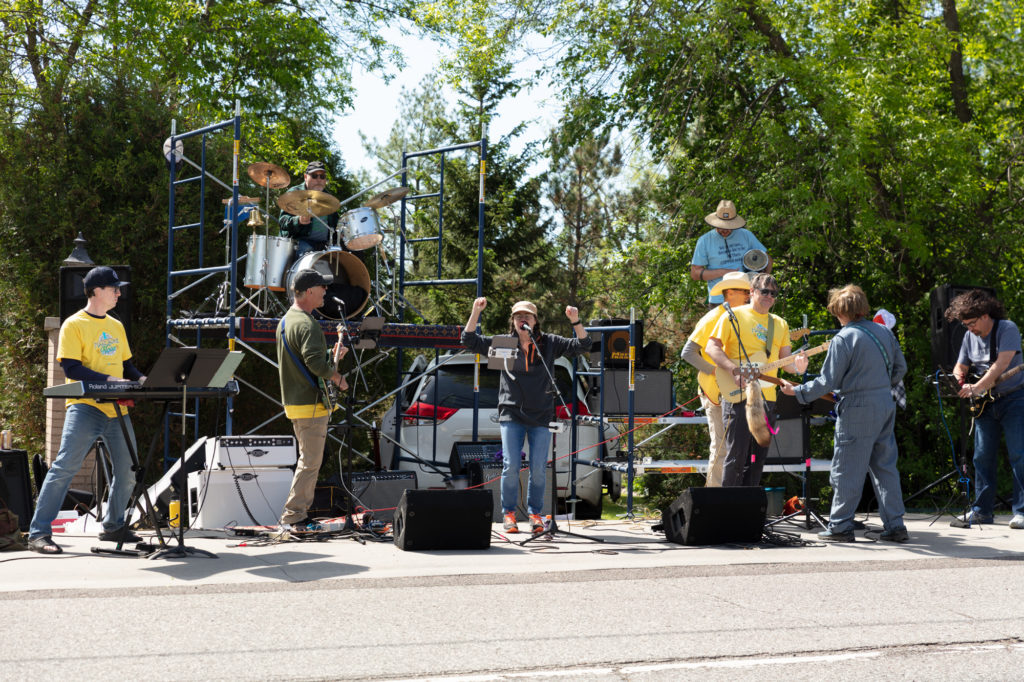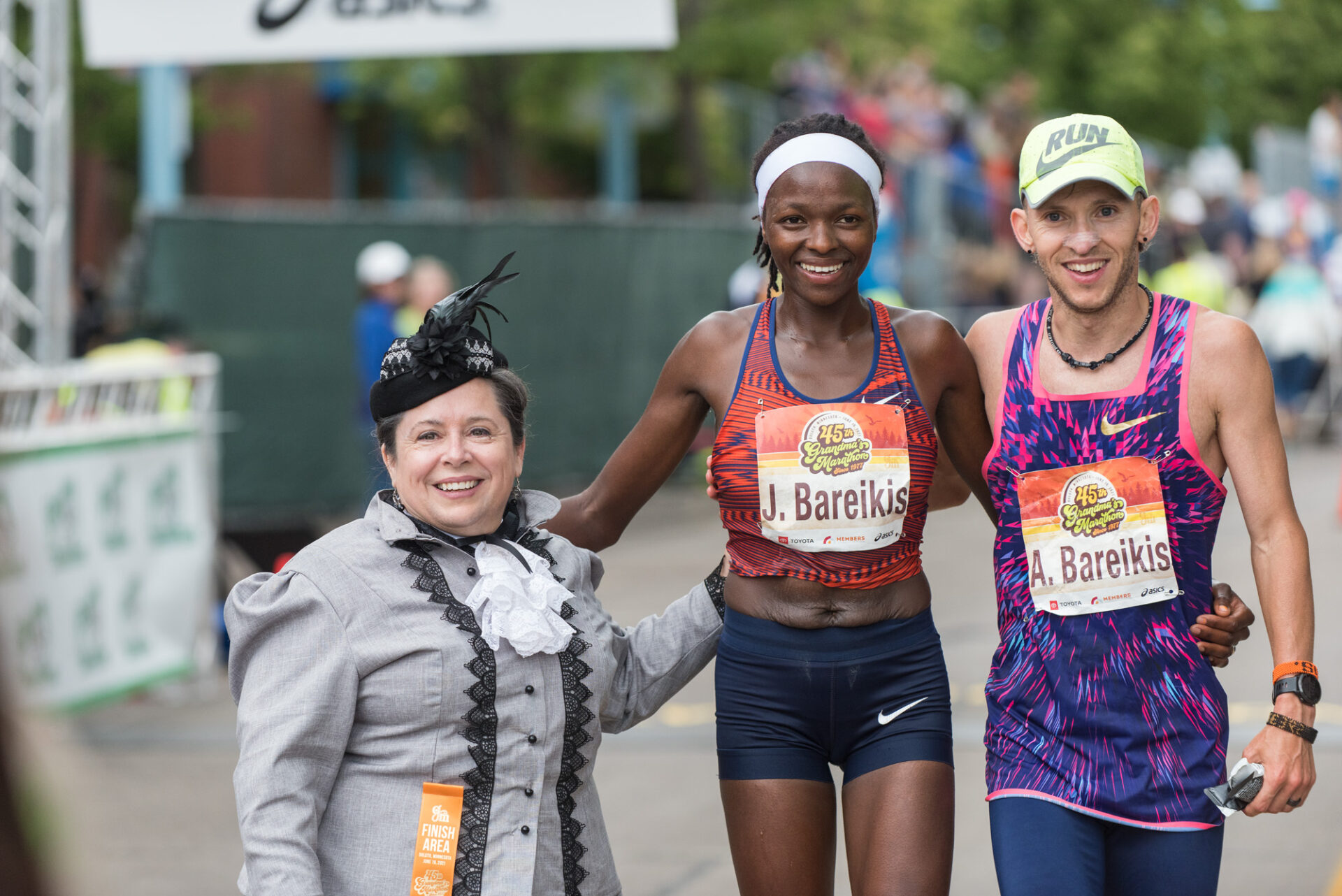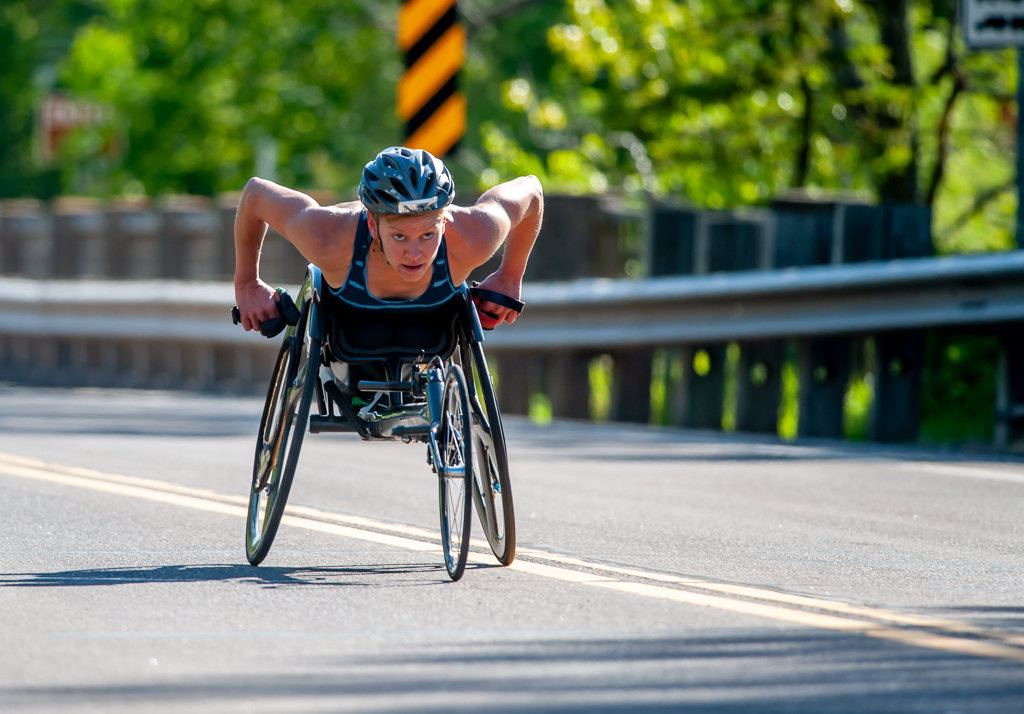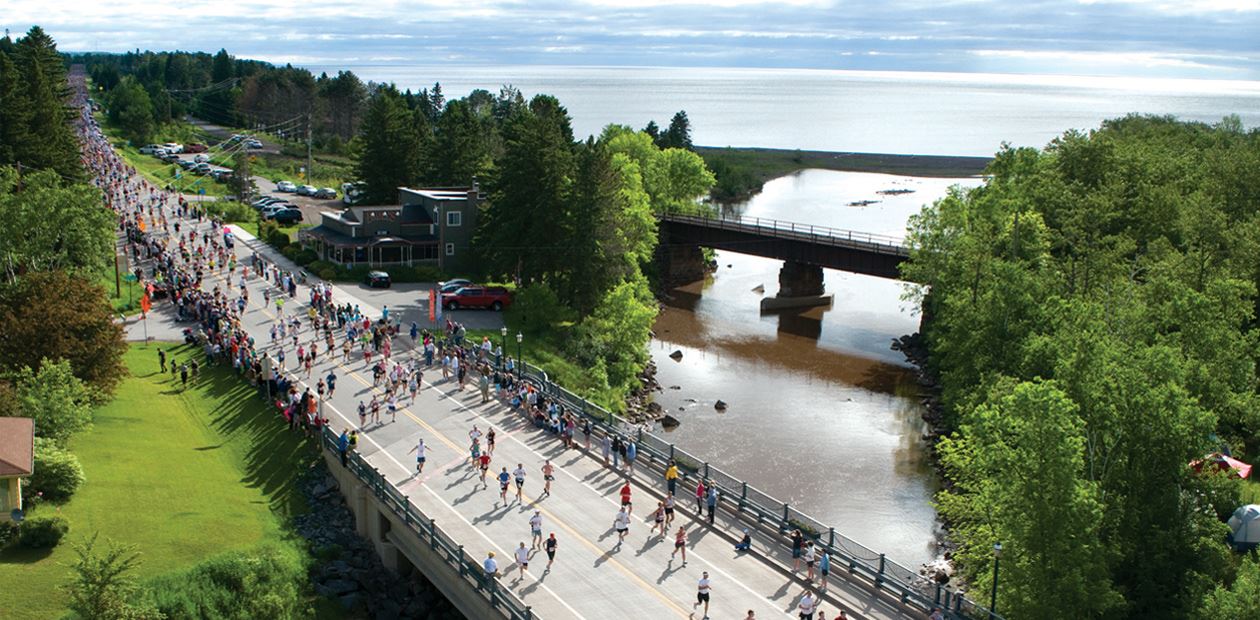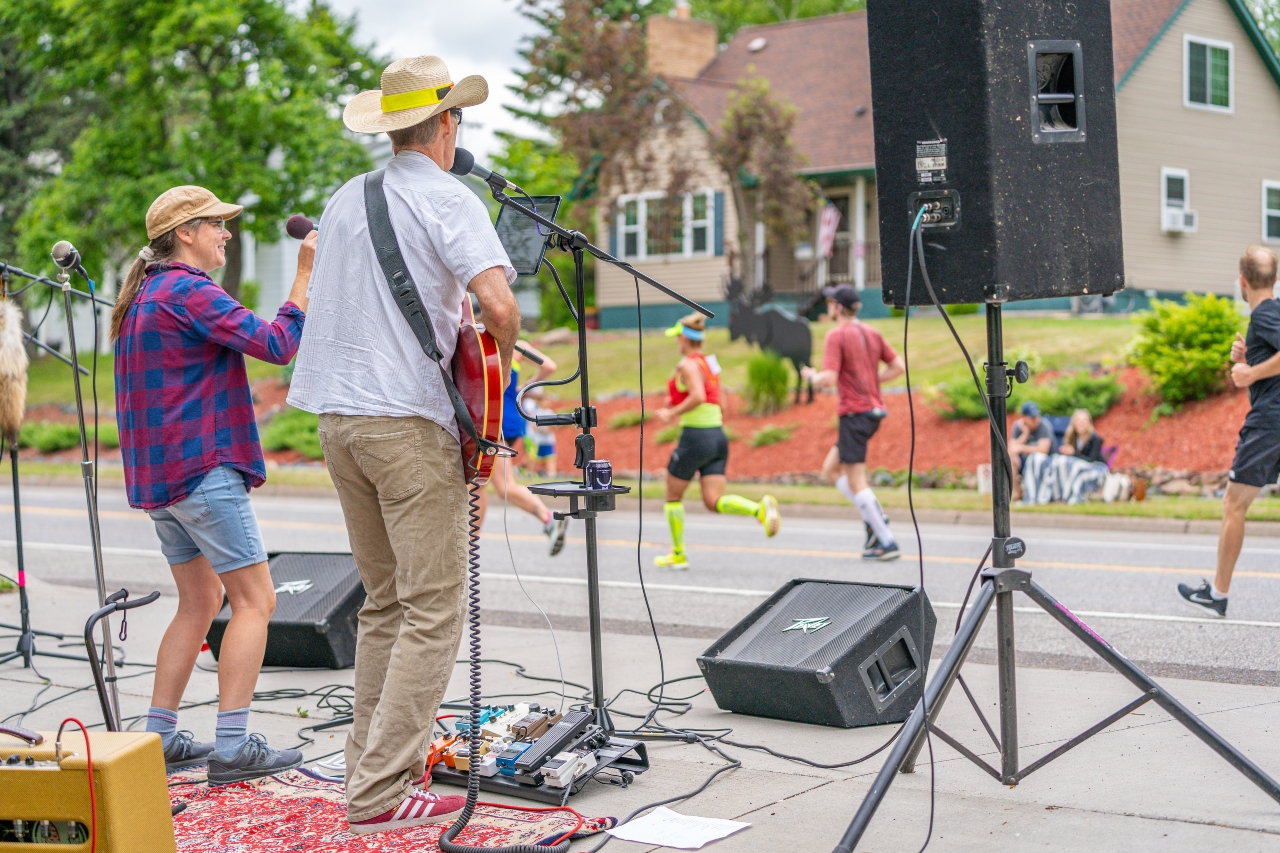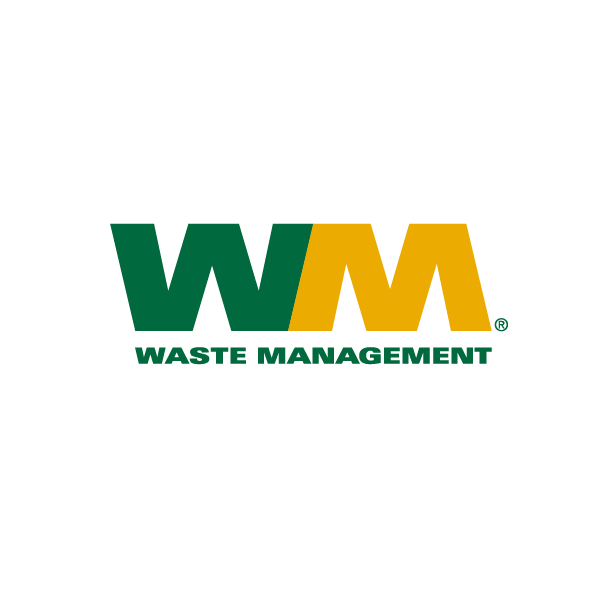Sustainability
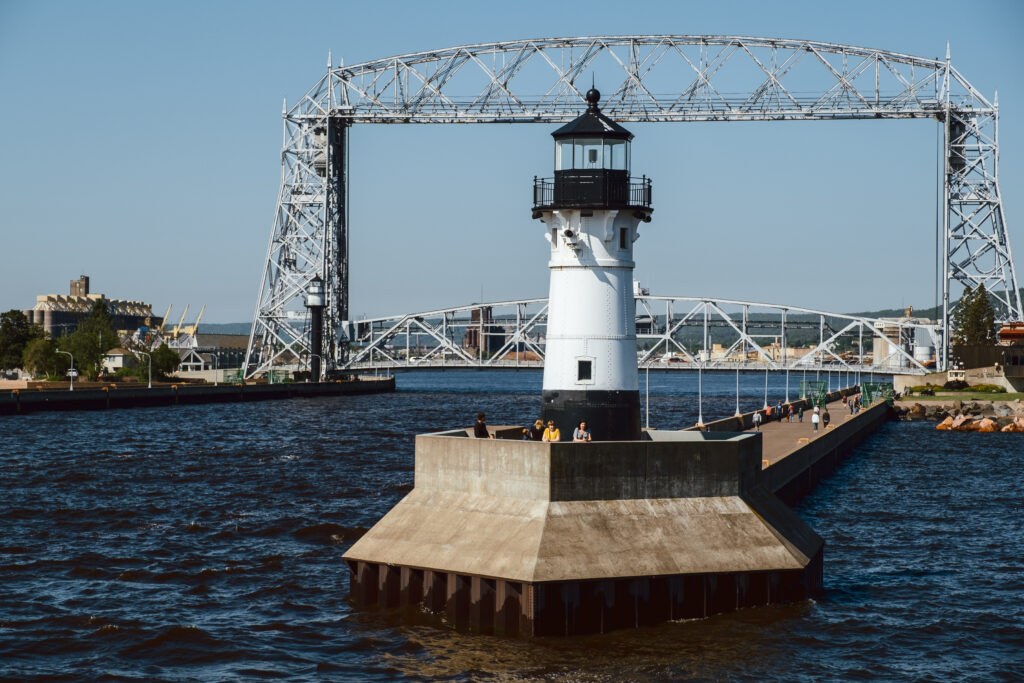
GREEN MEANS GO!
The scenic shores of Lake Superior and depths of Minnesota’s north woods are waiting to greet you on Grandma’s Marathon weekend, just as they have for hundreds of thousands of runners before.
This place isn’t just for our race, though. It’s a vast collection of lakes, trails, rivers, and forests that can be viewed in many different ways – destination, workplace, home.
No matter your interest in our region and its natural beauty, it’s certainly worth protecting.
This is why Grandma’s Marathon is committed to achieving net-zero greenhouse gas emissions by 2040. With that goal in mind, we have incorporated several environmentally responsible practices into our event which, along with your help and cooperation, can make our dream a reality.
Welcome to Duluth! Enjoy it, and please help us take care of it.

HELP US PROTECT OUR AREA
Whether you’re driving, taking the train, or flying here for race weekend, you’ll be able to offset your travel emissions to ensure the Grandma’s Marathon racecourse and surrounding area stays beautiful for future generations of participants.
Grandma’s Marathon is proud to offer our participants the option to offset their travel emissions using carbo credits through the National Indian Carbon Coalition .
The offsets our participants purchase directly benefit the locally-based Fond du Lac Band of Lake Superior Chippewa and its forest-based carbon sequestration project, which covers more than 9,000 acres of tribal forest land and aims to remove close to 700,000 metric tons of carbon dioxide across the next four decades.
Grandma’s Marathon is committed to cutting our organization’s carbon footprint by 50% by 2030 as compared to our 2019 baseline,
and 85% of our event’s total carbon emissions come from travel.
2023 GRANDMA’S MARATHON — BY THE NUMBERS
16,000+
finishers in marathon, half marathon, or 5K
4,000+
volunteers on race weekend
$200,000
raised for official Grandma’s Marathon charity partners
9,680 POUNDS
of plastic, cardboard,
and paper recycled
302,000 POUNDS
of CO2 offset by participants
6,550 POUNDS
of food donated to local food shelves
4,360 POUNDS
of compost
generated
8,609 POUNDS
of clothing donated and resold or recycled
234,000 POUNDS
of CO2 avoided by bussing participants to start line
38,000+
paper cups kept from landfills through partnership with Hiccup
21,250+
bottles recycled into participant jackets by Storm Creek
80 PERCENT
of Grandma’s Marathon office energy from renewable sources
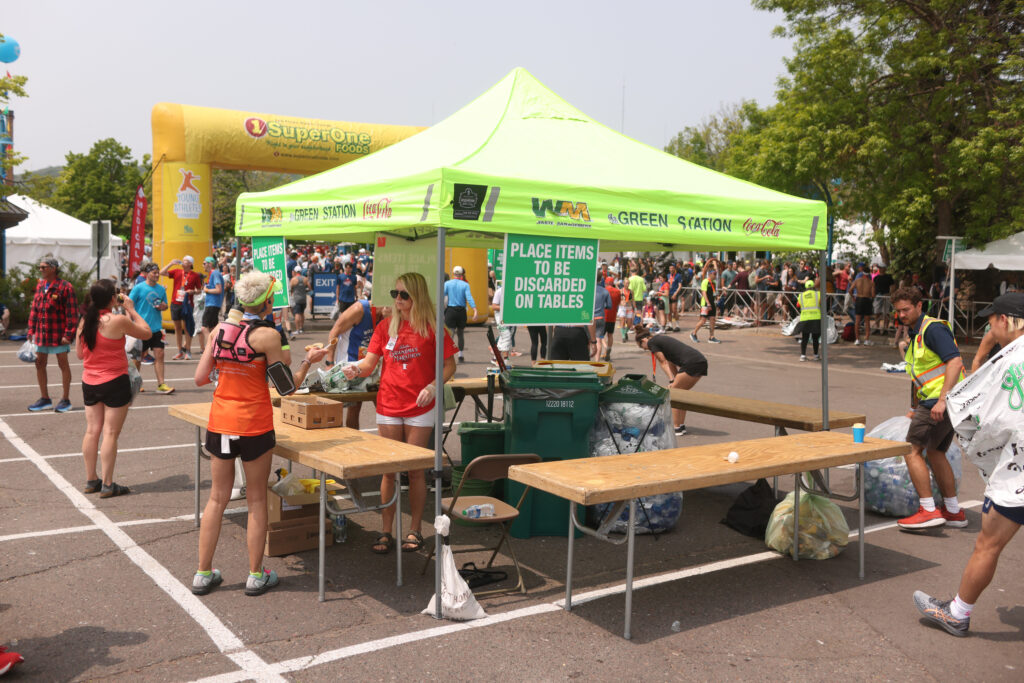
SUSTAINABILITY INITIATIVES
Grandma’s Marathon uses several Green Stations at our event(s) to assist in the efforts of our staff, volunteers, participants, and spectators to properly sort materials in order to minimize the event’s overall waste.
More than 300,000 pounds of carbon dixoide are avoided each year during Grandma’s Marathon weekend by busing our 20,000+ participants to the start line. Our partnership with the North Shore Scenic Railroad also makes Grandma’s Marathon one of, if not the only marathon in the world where participants can ride a train to the start line.
Grandma’s Marathon also offers a free bike valet on race weekend, encouraging the use of active and eco-friendly transportation, and the Duluth Transit Authority (DTA) also offers participants free bus rides on race day.
Grandma’s Marathon avoids the use of an estimated 148,000 plastic bottles each year by supplying water on the racecourse via water trucks and fire hydrants.
Since 2022, our partnership with Hiccup has provided our participants with silicone cups at select stations along the racecourse, an initiaive that has eliminated the need for tens of thousands single-use paper cups.
Grandma’s Marathon has installed solar panels on its year-round office in Duluth, allowing us to generate more than 80 percent of our yearly energy from renewable resources.
Goodwill Industries of Duluth is the official clothing recycler of Grandma’s Marathon. Runners are encouraged to discard unwanted clothing items at the start line and along the racecourse to be collected and donated to Goodwill, which will then send the items to be repurposed into other products.
Grandma’s Marathon donates leftover banners and finisher ribbons to various places to be repurposed, and leftover food is donated to local food shelves such as Chum, Damiano Center, and Ronald McDonald House.
HOW YOU CAN HELP — ON RACE WEEKEND
- Ride the bus! Participants can ride the DTA for free on race day just by showing their official race bib. NOTE: Be sure to utilize the DTA Trip Planner to get around Duluth for the weekend).
- Take advantage of our free bike valet. It’s perfect for spectators who want to avoid heavy traffic and enjoy a scenic view of Duluth!
- Participants can discard of their unwanted clothing at the start line(s) and along the racecourse to be collected by Goodwill.
- Look for the Green Stations located throughout the event where Green Team will assist you with placing your waste in the proper container.
HOW YOU CAN HELP — THROUGHOUT THE YEAR
- Make your running clothes last longer by taking care of them and when you do need to purchase more prioritize items made sustainably.
- PRO TIP: Donate old running shoes and apparel to Goodwill to be textile recycled.
- Commit to not using single-use water bottles during your training and carrying what you can on your long runs
- Take up “Plogging” – Picking up litter while jogging!
- Choose local races! One of the biggest environmental impacts from major running events is the emissions caused by participant travel.
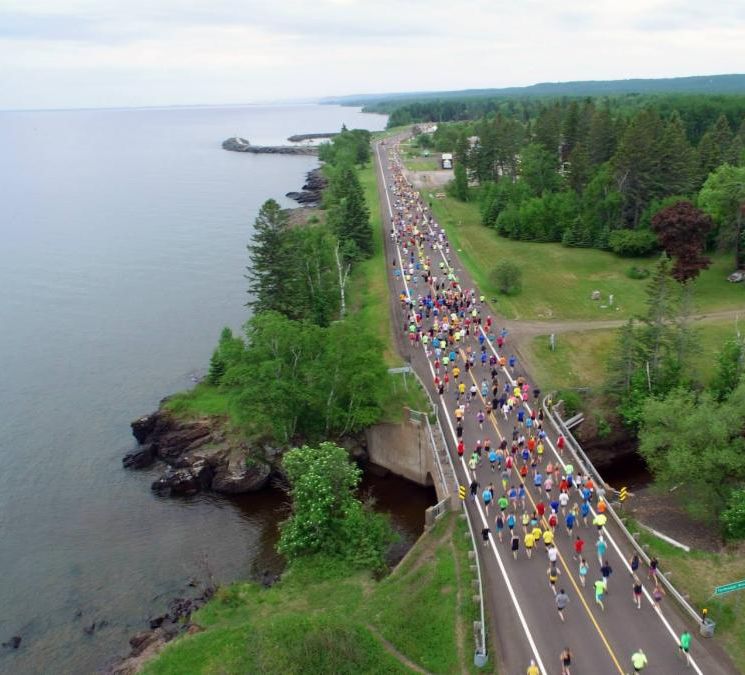
COMMITTED TO ACTION
In the summer of 2019, Grandma’s Marathon signed on as a signatory of the United Nations Sports for Climate Action group.
The Sports for Climate Action initiative calls on sporting organizations to acknowledge the contribution of the sports sector to climate change and our responsibility to strive towards climate neutrality.
Grandma’s Marathon adheres to the initiative’s five principles:
- Undertaking systematic efforts to promote greater environmental responsibility
- Reducing overall climate impact
- Educating for climate action
- Promoting sustainable and responsible consumption
- Advocating for climate action through communication.
As a signatory, we are committed to achieving the net-zero greenhouse gas emissions goal by 2040.

